Aloe Vera (a member of the Liliaceous family) is a tropical plant that has a reparative potential for various types of soft tissue damage. Aloe vera gel includes more than 98%-99% water and 60% of its dry matter are polysaccharides. This is one of the reasons why it is widely used for skin treatment and skin care.
One of the best-known Aloe Vera properties is its cooling, anti-inflammatory effect which is what makes it a proven natural remedy for sunburn. Even severe burns have been shown to heal faster and better when the skin is treated with Aloe Vera. Chronic skin diseases such as psoriasis, eczema, or neurodermatitis can be treated very well with real Aloe Vera.
It was found that Aloe vera increases the Collagen Type III content in wound healing and repair tissue. Aloe Vera & Collagen combination can improve cell proliferation, and cell attachment due to the high expression of integrins, and its stimulatory effect on skin cells.
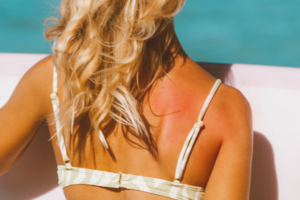
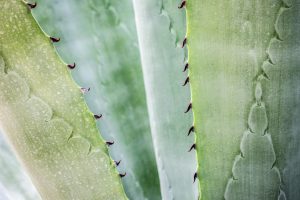
Collagen is the predominant extracellular protein in the granulation tissue of a healing wound and there is a rapid increase in the synthesis of this protein in the wound area soon after an injury. In addition to providing strength and integrity to a tissue matrix, collagen also plays an important role in homeostasis. Glycosaminoglycans and proteoglycans are synthesized by fibroblasts in the wound area. These substances form a highly hydrated gel-like ground substance, a provisional matrix on which collagen fibers are embedded.
Treatment with Aloe Vera gel increases the content of the ground substance in the granulation tissues. Aloe Vera gel-treated wounds showed an increased rate of wound contraction, leading to quicker healing as confirmed by a decreased period of epithelialization when compared to untreated control wounds.
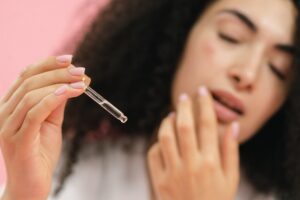
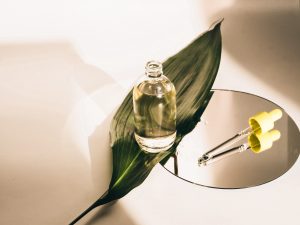
An in vitro study showed that the combination of Aloe vera/Collagen gels in Human Adipose Stem Cells retained and improved the cell viability compared to a control. By RT-PCR results, were noticed increased expression levels of integrin α1β1 and PECAM-1 gene in cells treated with an Aloe vera/Collagen blended compared to a control only with Aloe Vera gel or Collagen gel (Fig. 1). Integrins and PECAM-1 are crucial cell surface markers for cell elongation, migration, and invasion in the gels as well as it is for cell-cell assembly to form the endothelial cells network structures.
These results proved the synergistic effects between Collagen and Aloe Vera in skin cells in particular in wound healing tissues. Demonstrating the great potential of the Aloe Vera/Collagen blended to accelerate wound healing and promote skin renewal.
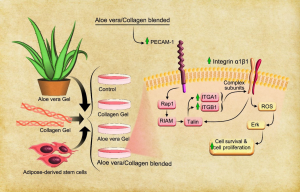
Figure 1. The effect of Aloe vera/Collagen blended on the PECAM-1 gene expression of ASCs and the possible pathway of integrin α1β1 induction by PECAM-1. Aloe vera and collagen gels, as well as adipose-derived stem cells, were extracted and studied in four groups; control, collagen gel, Aloe vera gel, and Aloe vera/Collagen blend. RT-PCR studies showed that the Aloe vera/Collagen blended group significantly increased the gene expression of integrin α1β1 and PECAM-1. This increase can be checked through the pathway induced by Talin and its role in the promotion of integrin α1β1. Also, integrin through the ROS pathway affects cell survival and cell proliferation.
Sind Sie auf der Suche nach wissenschaftlich fundierter Haut- und Haarpflege und umweltfreundlichen Kosmetikprodukten? Dann sind wir der perfekte Partner für Sie.